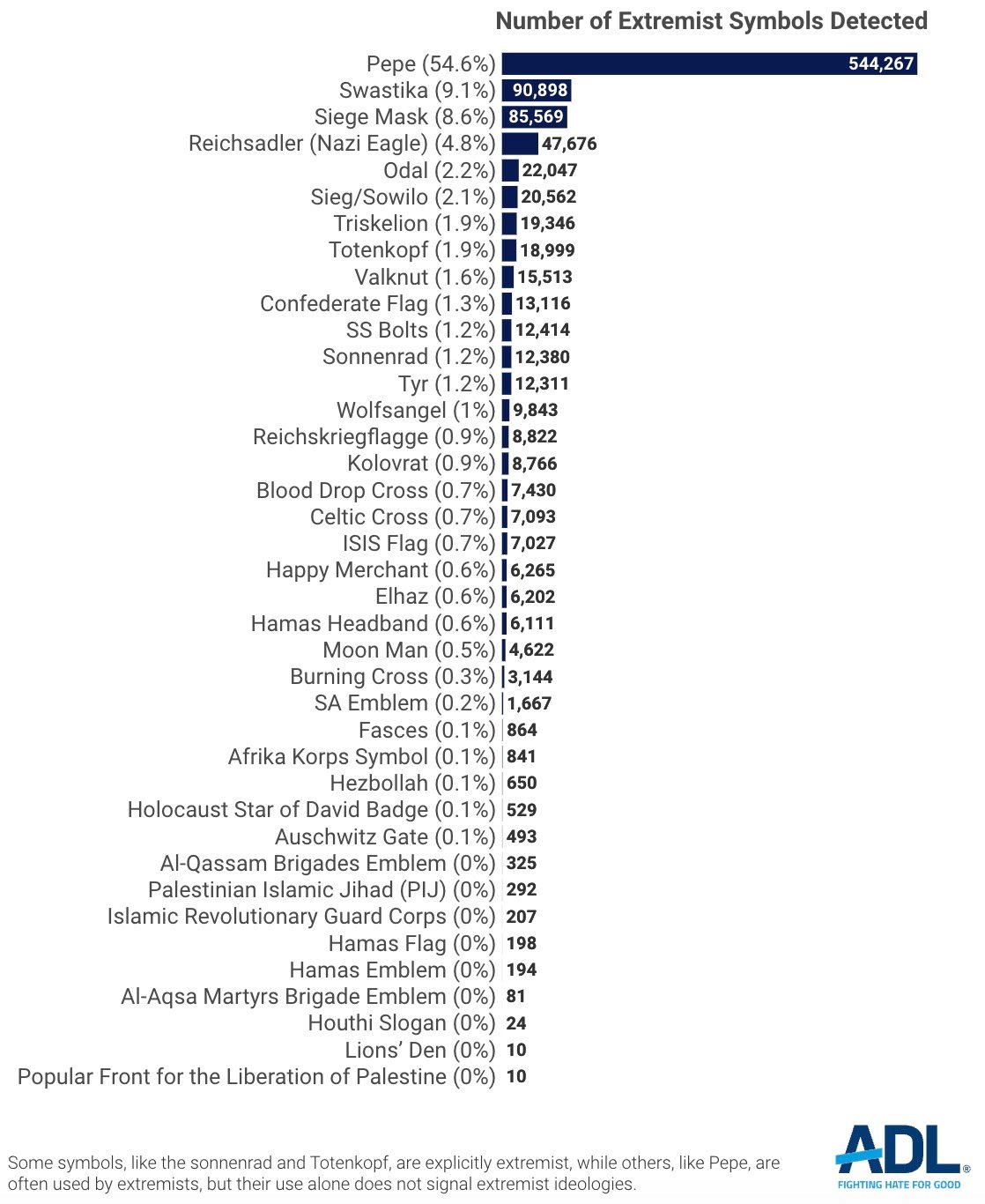Twitch has revised its Hateful Conduct policy, now including specific provisions regarding the term “Zionist.” The update, announced in a blog post on November 15, 2024, stipulates that while the term “Zionist” is not banned outright, its use could lead to punitive actions if it targets individuals or groups in a hateful or derogatory manner.
According to the platform’s statement, “Starting today, using the term ‘Zionist’ to attack or demean another individual or group of people on the basis of their background or religious belief is against our rules.” However, Twitch maintains that discussing Zionism as a political movement, whether positively or negatively, does not infringe on the policy. The intention, as Twitch describes, is not to “stifle conversation about or criticism of an institution or ideology, but to prevent coded hate directed at individuals and groups of people.”
The policy update follows an incident where Twitch faced accusations of antisemitism. It was revealed that users in Israel and Palestine were unable to create accounts on the platform due to an “unacceptable miss” in email verification procedures, an error Twitch says it “deeply regrets.”

Twitch CEO Dan Clancy has publicly stated the platform’s commitment to opposing all forms of hate and harassment, asserting, “There is no place on Twitch for racism, hatred, or harassment of any kind, including antisemitism and Islamophobia…Twitch is, and will always be, about belonging.”
Twitch is a platform that gained popularity due to its gaming streams and the new policy has come at a similar time as a new report from the Anti-Defamation League (ADL) that reignited debates over free expression and content censorship in online gaming. The ADL, an organization focused on combating antisemitism has accused Steam, the popular gaming platform operated by Valve, of harboring “extremism and antisemitism.” The ADL’s findings claim Steam’s permissive content policies have enabled the proliferation of “hate symbols” and “extremist” material.
The report is based on a review of Steam’s public data, analyzing more than 458 million user profiles, 152 million avatars, and 610 million comments. According to the ADL’s Center on Extremism, this investigation uncovered millions of instances of allegedly hate-related content, including swastikas and other symbols like sonnenrads and “happy merchants.” These materials, often embedded in user-generated images and messages, were flagged as evidence of the platform’s moderation shortcomings and used to call for censorship.
It’s worth noting though that a significant focus of the ADL’s findings centers on Pepe the Frog, which accounted for 54.6% of the allegedly “extremist symbols” identified on Steam. The ADL’s report does include examples of Nazi-inspired or antisemitic depictions of Pepe, but given the sheer volume of Pepes flagged, it’s likely that most of them were not hateful, extremist, or racist. Pepe’s widespread use as a general meme in gaming and internet culture means its inclusion as an “extremist symbol” may be misleading. Even the ADL acknowledges in a disclaimer that “some symbols, like the sonnenrad and Totenkopf, are explicitly extremist, while others, like Pepe, are often used by extremists, but their use alone does not signal extremist ideologies.” This caveat suggests that many of the Pepes in their dataset are innocuous, undermining the sweeping generalization of the character as a hate symbol.

Similar concerns arise with the ADL’s handling of swastikas in the report. For instance, one example features a swastika posted with the caption “When communists come into your neighborhood,” a use clearly intended to criticize communism rather than promote Nazi ideology. The inclusion of such instances calls into question the criteria used to label content as extremist, suggesting that context may have been overlooked in many cases.
The ADL’s demands for Steam focus on implementing stricter content censorship policies to address what they identify as hate and extremism on the platform. They are calling for the banning of “extremism” and “hate,” with explicit policies that protect characteristics such as “gender identity.” This would mean prohibiting content or interactions that question or mock someone’s gender identity. Additionally, the ADL wants censorship efforts scaled up by employing AI systems, human moderators, and partnerships with organizations like the ADL itself, along with other allegedly “trusted industry partners” and “extremism experts.” They also advocate for Steam to collaborate with civil society and researchers to develop and update moderation policies.










